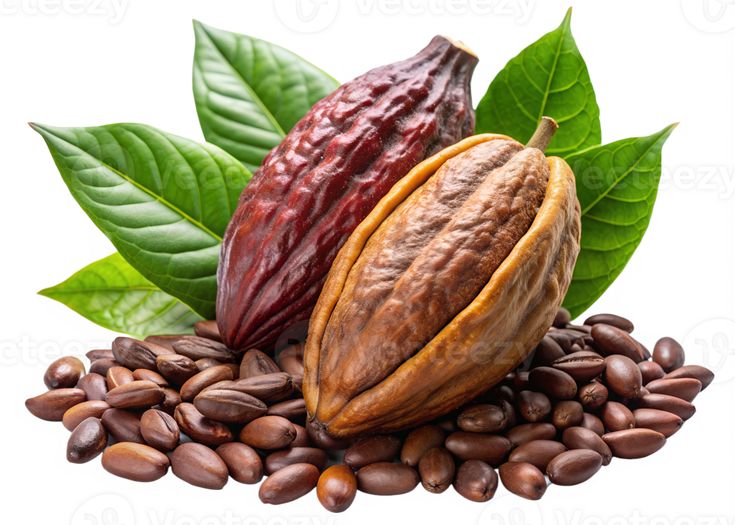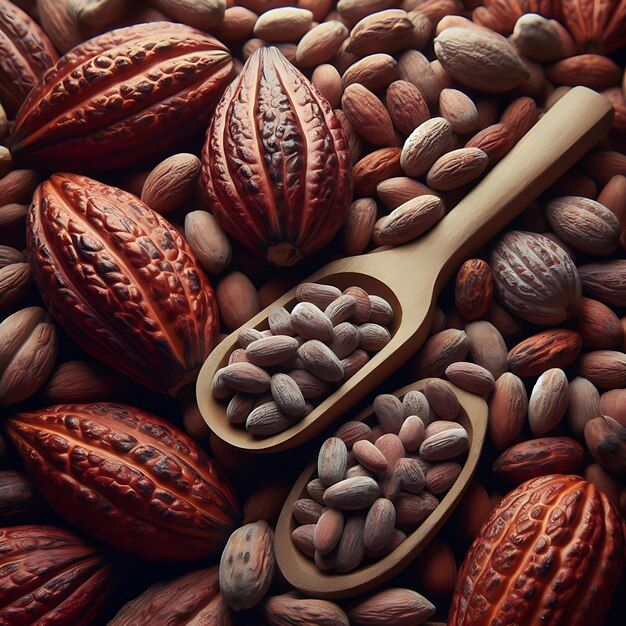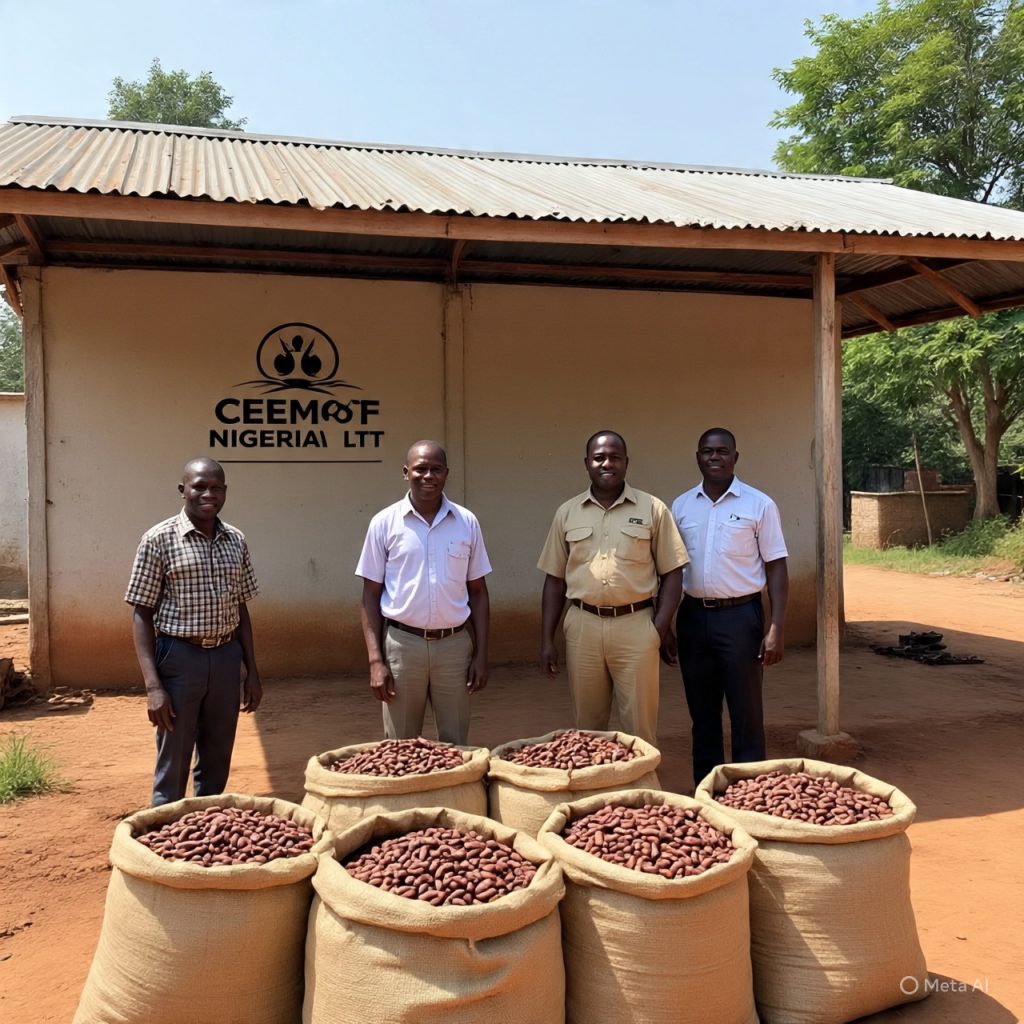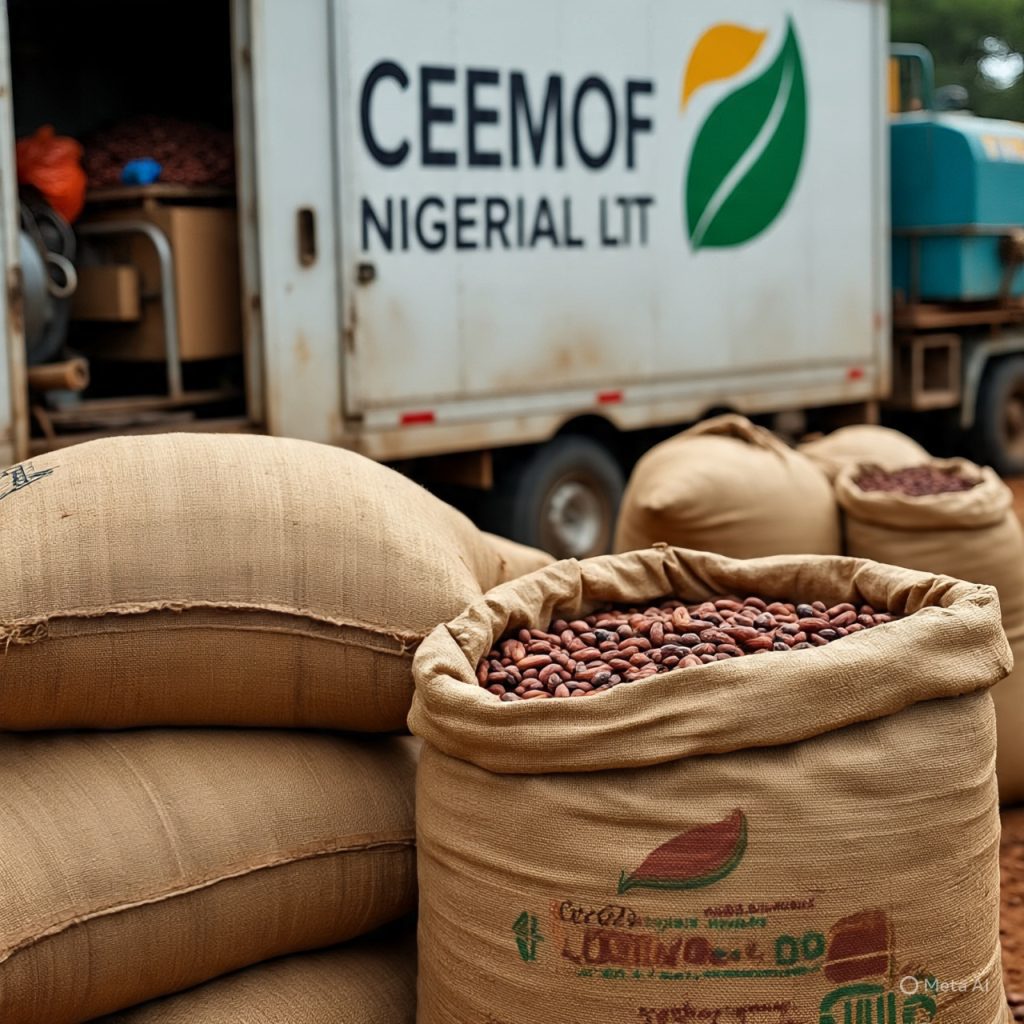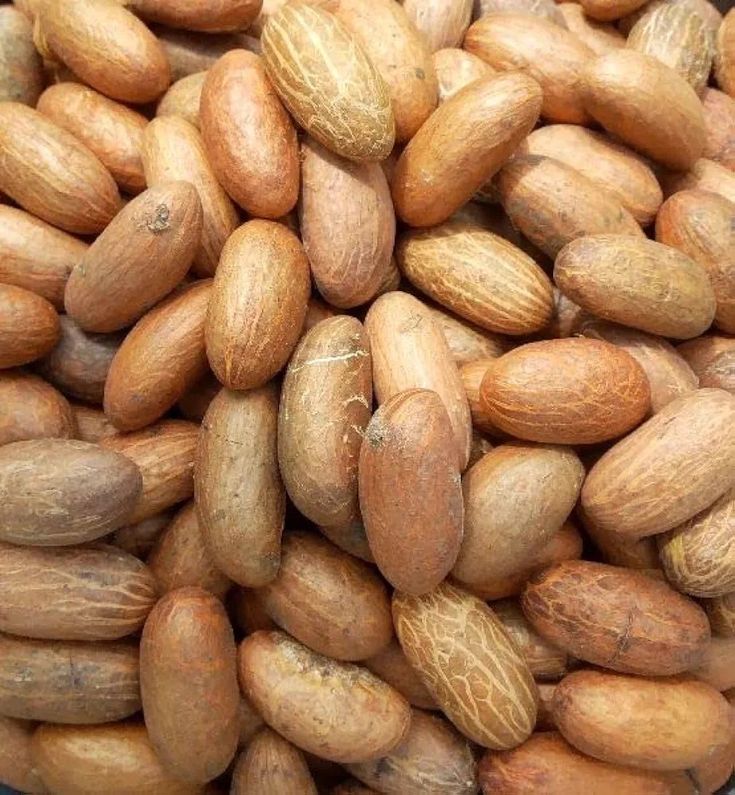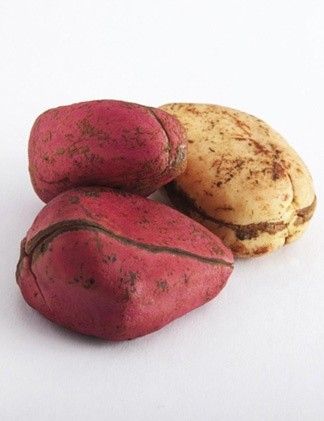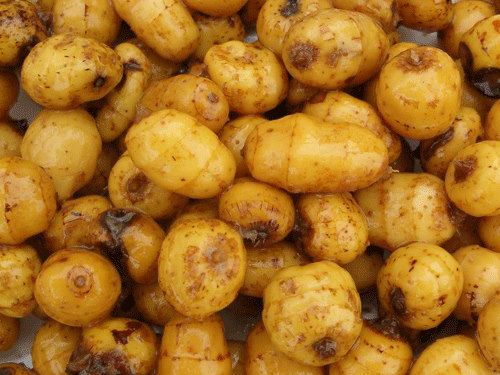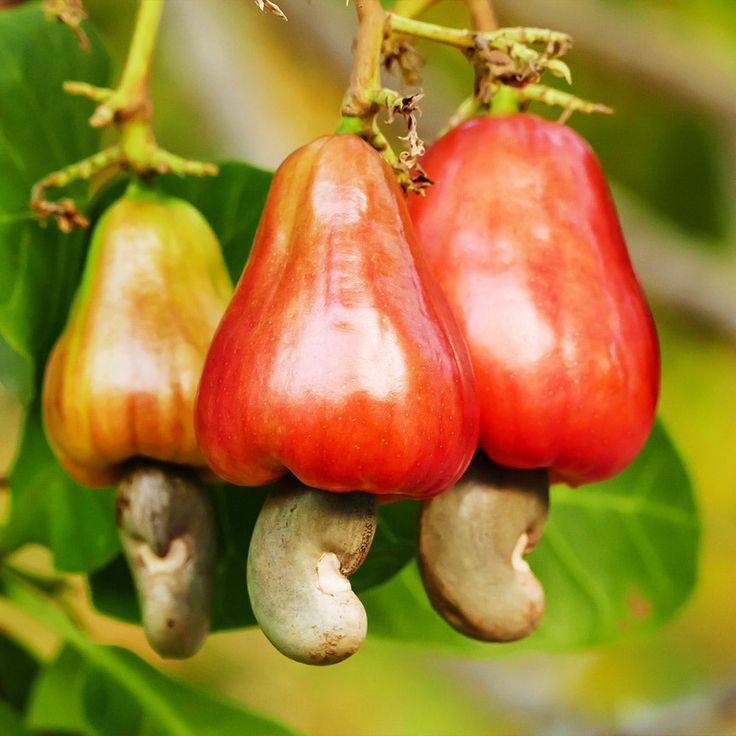Cocoa is one of the world’s most important agricultural commodities, serving as the backbone of the global chocolate and confectionery industry. With its rich flavor, high butter content, and nutritional value, cocoa remains a highly demanded product across Europe, North America, and Asia.
What Cocoa Is
Cocoa comes from the dried and fermented seeds of the Theobroma cacao tree. These beans are processed into various forms such as cocoa liquor, cocoa butter, and cocoa powder, which are used in the production of chocolate, cosmetics, pharmaceuticals, and beverages.
Export Significance
Nigeria stands among the leading producers of cocoa in the world, offering premium-grade beans renowned for their unique flavor and high quality. The global demand continues to grow, making cocoa export a highly profitable venture for businesses and a crucial foreign exchange earner.
Uses of Cocoa
-
Chocolate Production – The primary raw material for chocolate bars, candies, and confectioneries.
-
Cosmetics & Skincare – Cocoa butter is widely used in creams, lotions, and lip balms.
-
Food & Beverages – Cocoa powder is used in drinks, cakes, and pastries.
-
Pharmaceuticals – Certain compounds in cocoa are used in health and wellness products due to their antioxidant properties.
Specifications for Export
-
Product: Cocoa Beans
-
Form: Raw, fermented, and dried
-
Moisture Content: Maximum 7.5%
-
Bean Count: 300 – 350 beans per 100g (depending on grade)
-
Impurities: Maximum 2%
-
Free Fatty Acid (FFA): ≤ 1.75%
-
Packaging: 50kg or 65kg jute bags (export standard)
-
Shelf Life: 12 – 24 months under proper storage
Export Forms
-
Raw Cocoa Beans (fermented and dried)
-
Processed Cocoa (cocoa liquor, cocoa butter, cocoa powder)
Packaging & Logistics
-
Export-ready in jute bags lined with polythene to protect from moisture.
-
Proper fumigation and inspection before shipment.
-
Shipped in 20ft or 40ft containers depending on order size.

